Man Who Wasn’t There, The
Always worth watching, the Coen Brothers tell us, as they have done so often in the past, that truth is elusive and life is absurd. But this is old news.
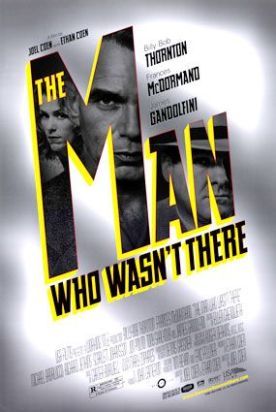
Always worth watching, the Coen Brothers tell us, as they have done so often in the past, that truth is elusive and life is absurd. But this is old news.
Why do journalists think they have to seize the opportunity of a great
national tragedy to show off their literary skills?
—from the November New Criterion
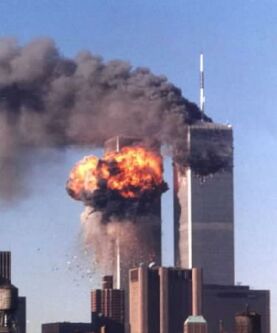
Some of the remarks made about September 11th have been so stupid that only a professor could have said them.
—from The Wall Street Journal
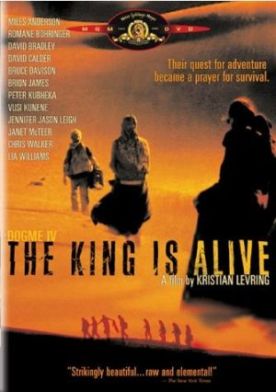
You’ve got to wonder about the chutzpah — or the stupidity — of a director who would invite comparisons between his movie and what is arguably the greatest work of dramatic art ever penned, Shakespeare’s King Lear. But the Danish director, Kristian Levring, has done it, and on the whole we can be glad that…
Can Paul Krugman and Jonathan Chait call the President a liar? Can they be
horsewhipped for doing so? Who will defend his honor?
—from the October New Criterion
Remember Gary Condit? What a long time ago it all now seems.
—from the September New Criterion
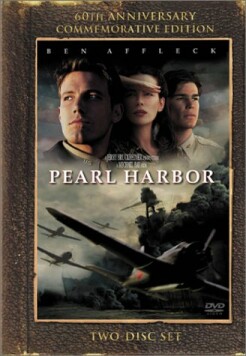
Pearl Harbor, written by Randall Wallace and directed by Michael Bay, begins with a visual pun, which is also a leitmotif throughout the film: the impossibly big and gorgeous image of the setting sun. Remember who used to run something called the empire of the rising sun? The movie’s patriotism is almost shocking. Along with…
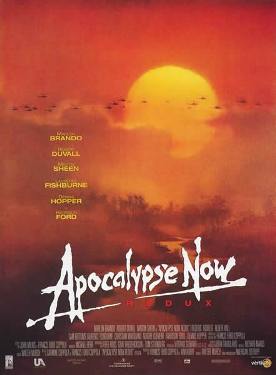
The full length version of my review of Francis Ford Coppola’s Apocalypse Now Redux which appeared in a shortened form in the September-October American Spectator
It is, I believe, always a mistake to criticize a movie for not being the book it is based on—or, indeed, for not being anything at all. Every artist deserves the courtesy of being assessed on the basis of what he tried to do and not on that of what he didn’t try to do….
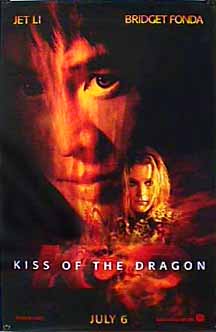
To the list of things we wouldn’t know if Hollywood didn’t tell us we have added this summer the fact that mechanical people will one day be better-designed than the original, organic models, that the Japanese in 1941 were a noble and warlike race whose bombing of Pearl Harbor was justified but regretted even as…
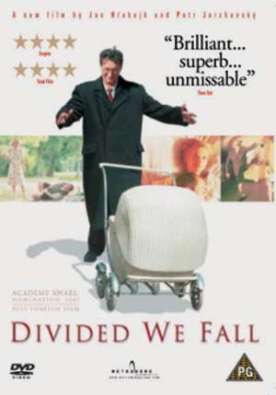
Divided We Fall by Jan Hrebejk, adapting a novel by Petr Jarchovsky is a very Czech film: charming, warm-hearted, funny, humane and philosophical—a velvet revolution sort of movie. Set before, during and just after the Nazi occupation of Czechoslovakia, its characters are all humble, flawed but decent folk coping as best they can with the…
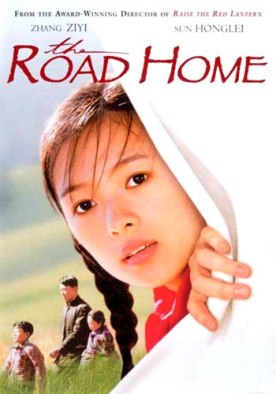
The thing I like about the films of Zhang Yimou, especially the early ones like Red Sorghum, Ju Dou, and Raise the Red Lantern is that he takes such complete advantage of being almost the only filmmaker in the world today who is allowed to wallow in nostalgia for a frankly reactionary past. The reason…